Unlocking a new waste stream: The M62 FOG recovery pilot
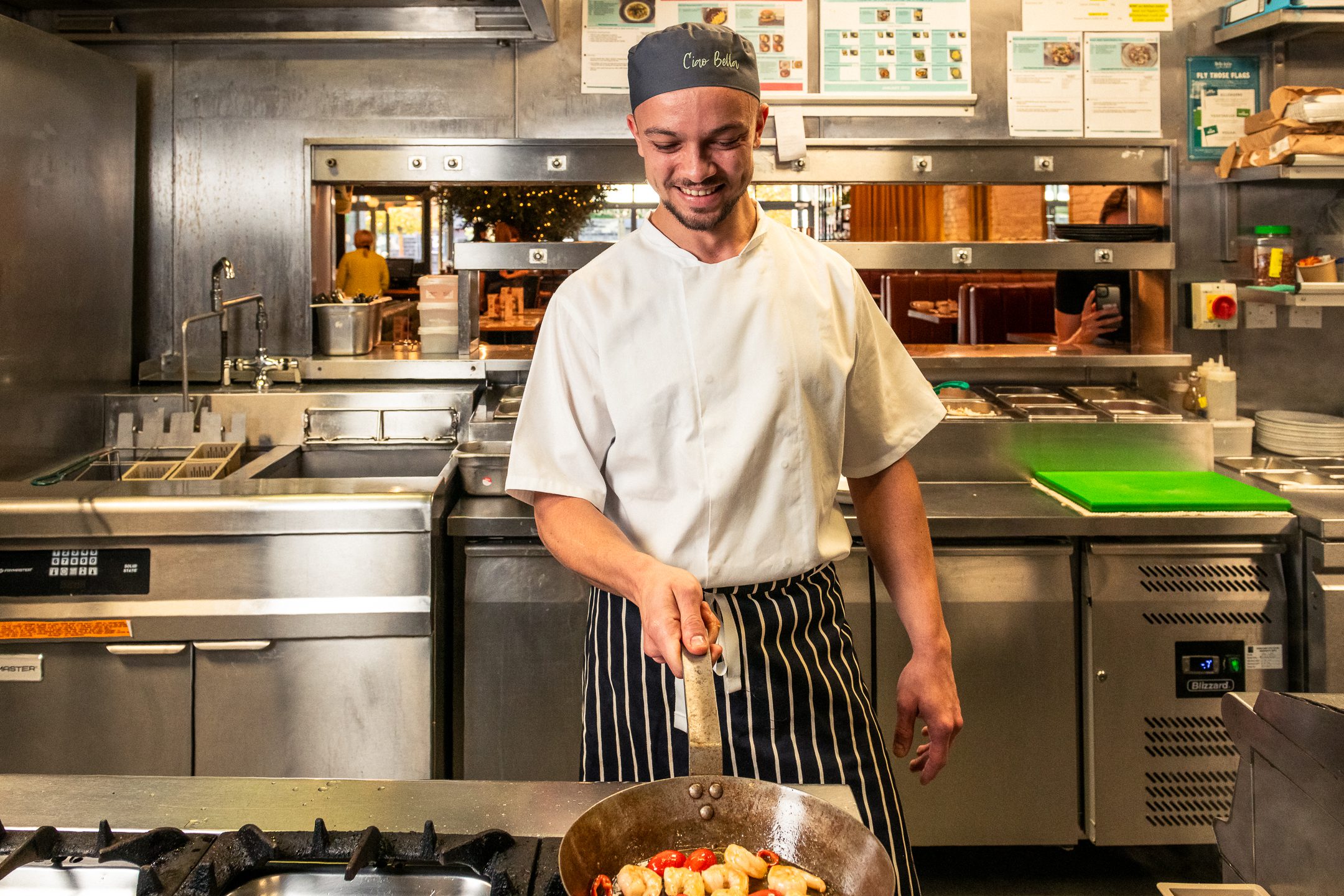
An innovative approach to transforming kitchen waste
The M62 FOG Recovery Pilot has demonstrated that fat, oil and grease (FOG) waste from restaurant kitchens can be treated not as a disposal problem, but as a valuable new waste stream. Traditionally, GRU (grease recovery unit) waste was either sent to landfill or mixed with other liquid waste streams, limiting its potential for reuse.
With the introduction of the Environment Act 2021, landfill disposal of food waste is no longer permitted, creating an urgent need for a sustainable pathway.
Through this project, GRU waste has been independently collected and processed at Eco Clarity’s North West FOG Recovery Hub in Stockport, where its patented technology upgraded the waste into a renewable feedstock with 99.6% value.
This project is the first of its kind in the UK, where GRU waste has been recognised as a dedicated recoverable stream, creating a new pathway for renewable fuels while supporting the UK’s sustainability and net zero goals.
Project overiew
The Big Table Group (BTG), one of the UK’s leading independent restaurant operators, partnered with GreaseTech Drainage Solutions and Eco Clarity to deliver this pilot.
Twenty-five BTG restaurants along the M62 corridor participated, representing brands such as Bella Italia, Las Iguanas, Banana Tree, Frankie & Benny’s, Chiquito, Café Rouge and Amalfi.
Key challenges
Finding a sustainable end-use for GRU waste
Consistent waste handling and staff awareness
Preparing for food waste landfill bans
Key outcomes
GRU waste converted into low-carbon renewable fuel
2,173kg CO₂e emissions prevented from 25 sites over a 6 month period
Carbon savings were accredited directly to BTG supporting their ESG goals
GreaseTech managed servicing and maintenance of all GRUs and traps, consolidating collections across the portfolio. Eco Clarity processed the recovered waste at its Stockport Hub, refining it into a high-value waste feedstock.
GRU waste included both the wastewater retained within the unit and the skimmed FOG that staff empty daily. Over six months, these streams were collected as a single recovery pathway, demonstrating the full value of GRU waste when treated as a distinct, recoverable material for reuse.
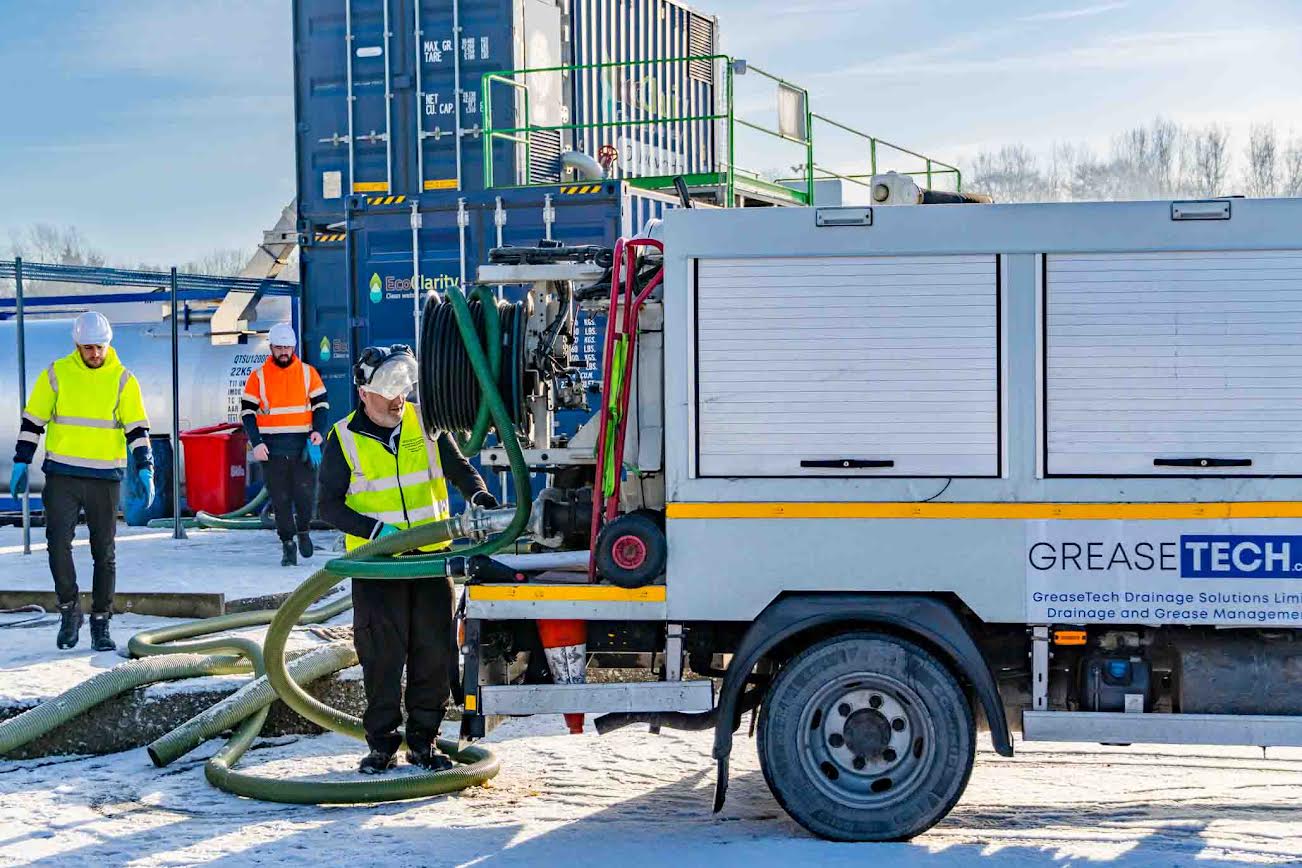
GRU waste was collected from BTG sites and processed at Eco Clarity’s north west hub in Stockport, using innovative technology to transform waste into resource
Key results
3,966kg of GRU waste was recovered and separated into three re-usable streams: FOG, wastewater and solids
From this, 929kg of FOG was successfully upgraded into a 99.6% pure renewable feedstock
This prevented 2,173kg of CO₂e emission
The recovered FOG is now ready for biodiesel production, a renewable fuel that delivers up to 87% fewer carbon emissions compared with fossil diesel
This represents a major shift. What was once mixed, landfilled, or wasted has now been recovered, refined and transformed into a resource for renewable energy.
Practical learnings
The M62 Pilot demonstrated that GRU waste can be successfully recovered and upgraded into a valuable renewable feedstock. It also provided valuable insights into the factors that influence recovery performance across multiple sites.
Staff training and kitchen processes
- Where training and awareness was strong, GRU waste was managed more effectively. Embedding GRU handling as a mandatory part of daily routines, and reinforcing this through ongoing staff engagement, would help further standardise performance across more sites.
Consistency and waste quality
- The pilot highlighted some variation in the quality and composition of GRU waste. This was expected in a first-of-its-kind trial and offered important learnings about how site practices influence recovery outcomes. Early sampling suggests that with clearer processes, regular reinforcement, and improved on-site handling, even more FOG could be recovered.
Scalability and coordination
- Coordinating servicing and collections across 25 restaurants showed that multi-site recovery is achievable. With further refinements in process and logistics, the model can be expanded to a larger portfolio. Scalability will also be accelerated as more FOG Recovery Hubs are established across the UK.
Conclusion
The M62 FOG Recovery Pilot has demonstrated a step-change in sustainable waste management for the hospitality sector. What was once routinely landfilled or discarded as mixed waste has now been independently collected, refined and upgraded into renewable fuel feedstock, creating a cleaner, circular future for FOG recovery in the UK.
“This project shows what’s possible when we work together, turning an overlooked challenge into a real opportunity for environmental action and setting the blueprint for GRU recovery nationwide.”
Chris Clemes, Eco Clarity
When processed into biodiesel, this feedstock delivers up to 87% lower carbon emissions than fossil diesel, creating a new renewable pathway for UK road transport while supporting the UK’s circular economy and net zero ambitions.
“To put it simply, we’ve gone from seeing GRU waste as a disposal problem to seeing it as part of the sustainability solution.”
Karl Tindall, The Big Table Group
By working together, Eco Clarity, GreaseTech, and The Big Table Group have proven that GRU waste is not just a waste, but has the potential to be converted into a valuable resource.
“The purpose of the project was to demonstrate the previously unrecognised carbon credentials of a Grease Recovery Unit and the FOG waste it collects, and we have certainly achieved this!”
Stephen Edwards, GreaseTech
Ready to recover more from your waste?
We’re helping businesses across the UK turn FOG and GRU waste into renewable value.





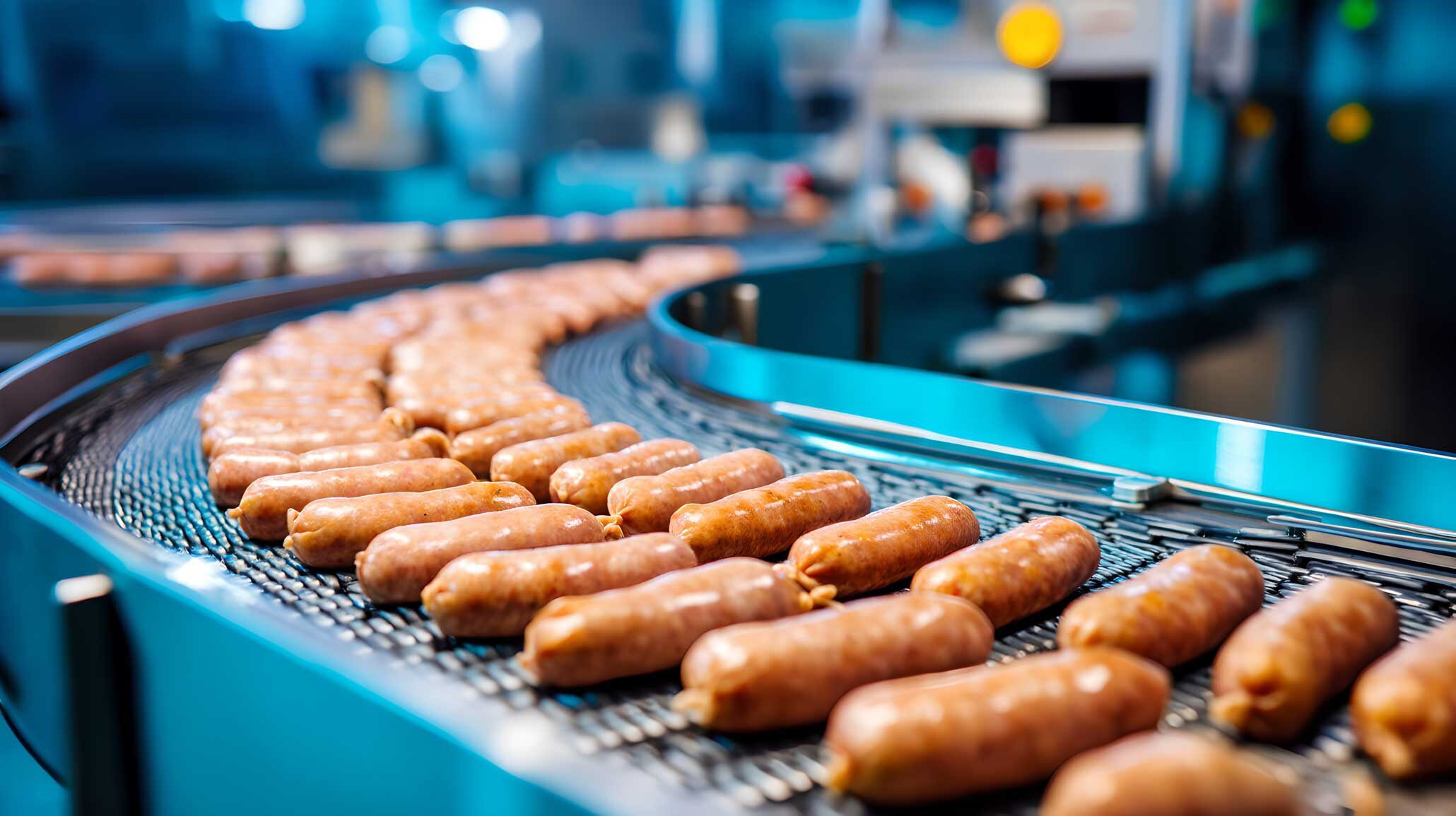
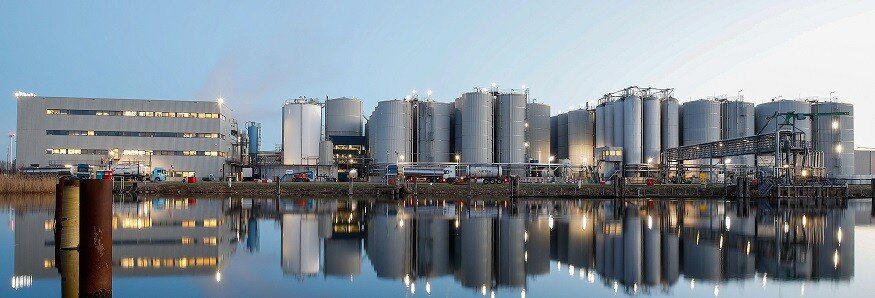
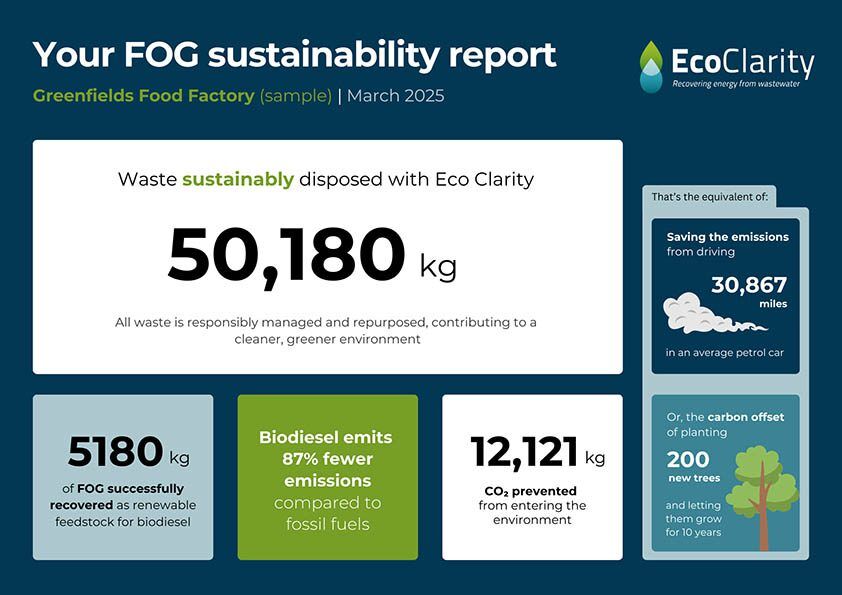
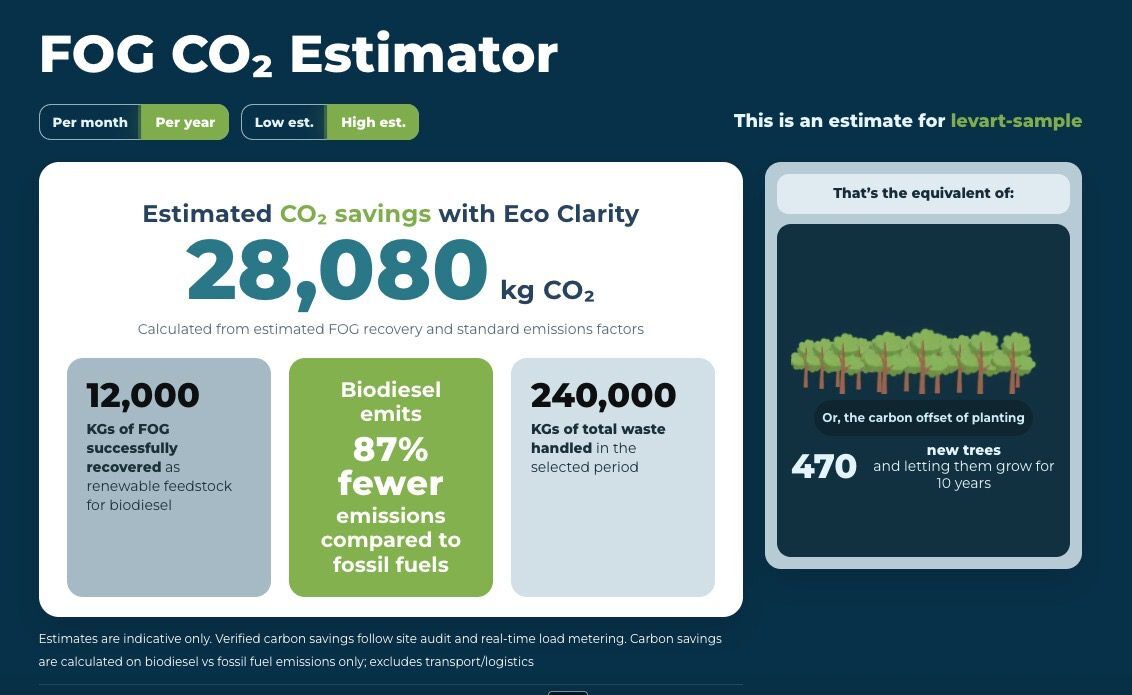
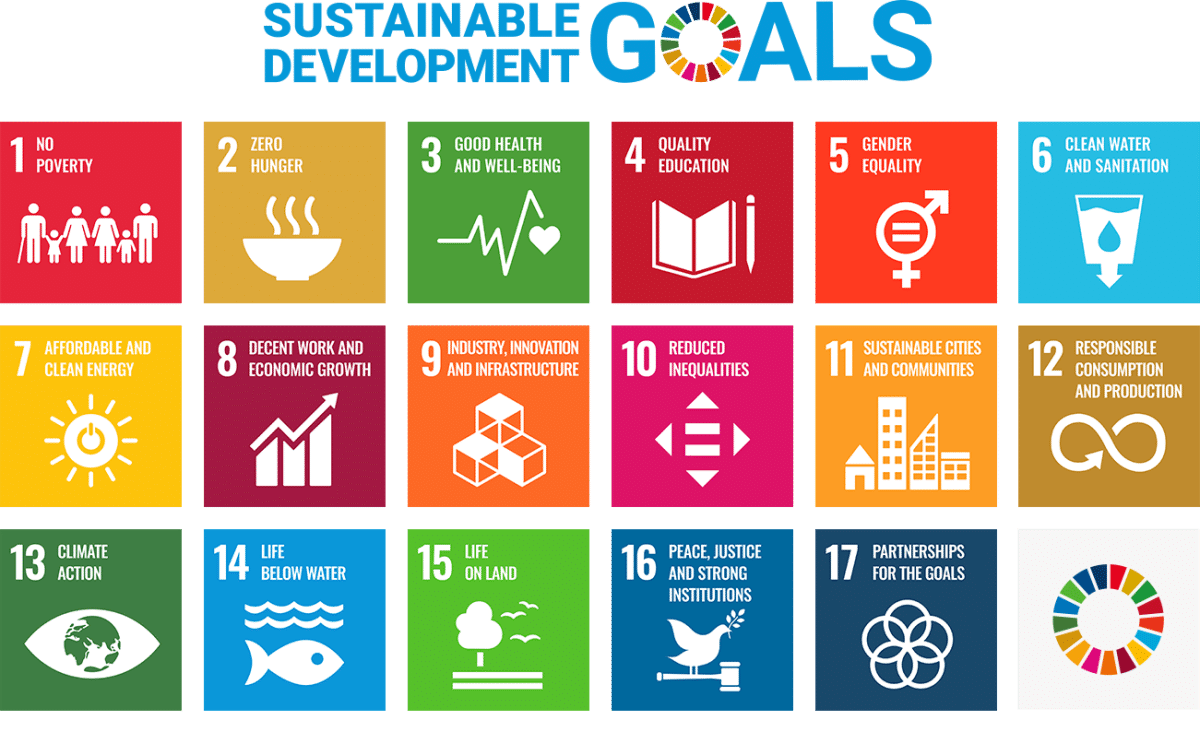





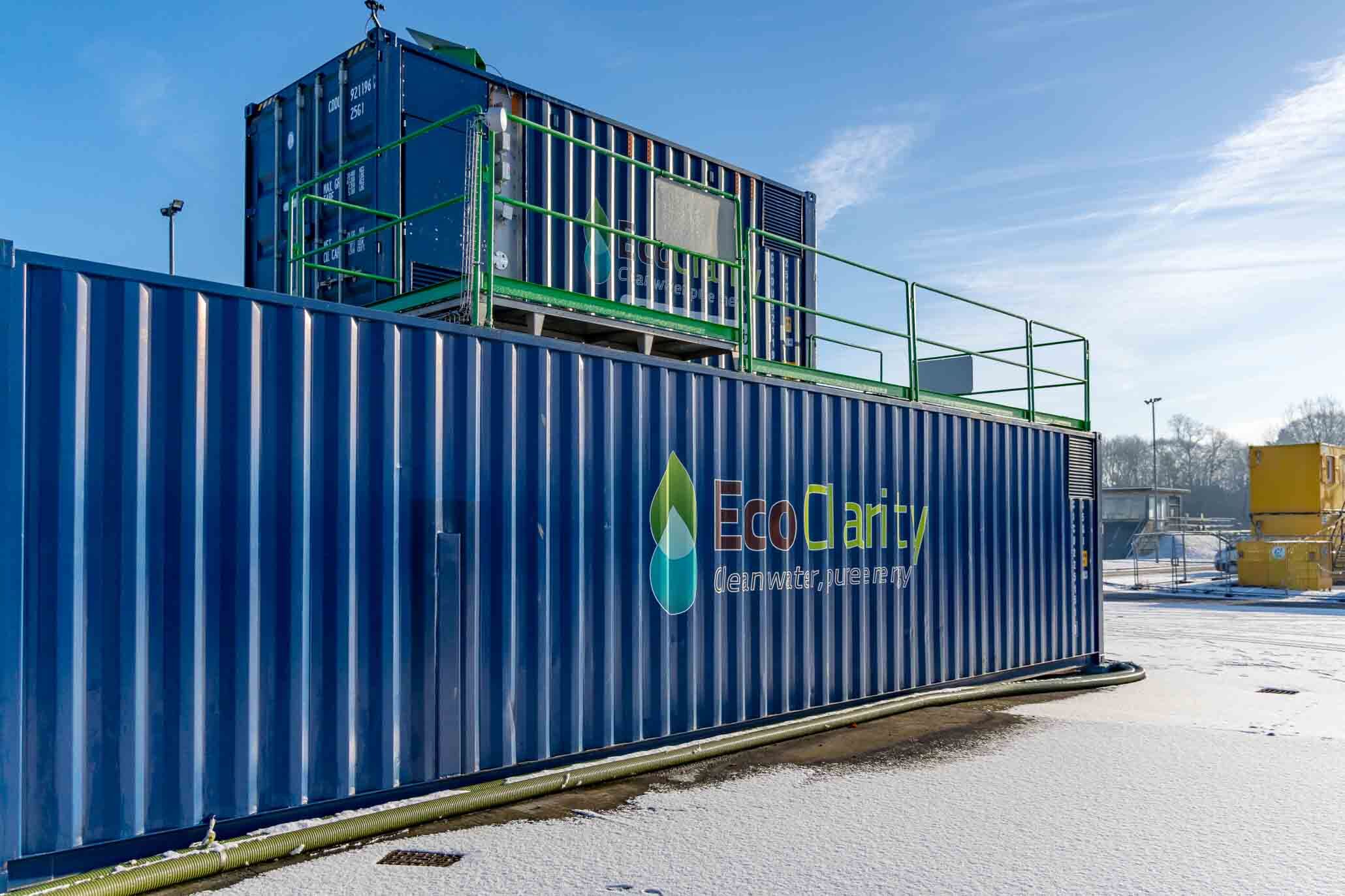
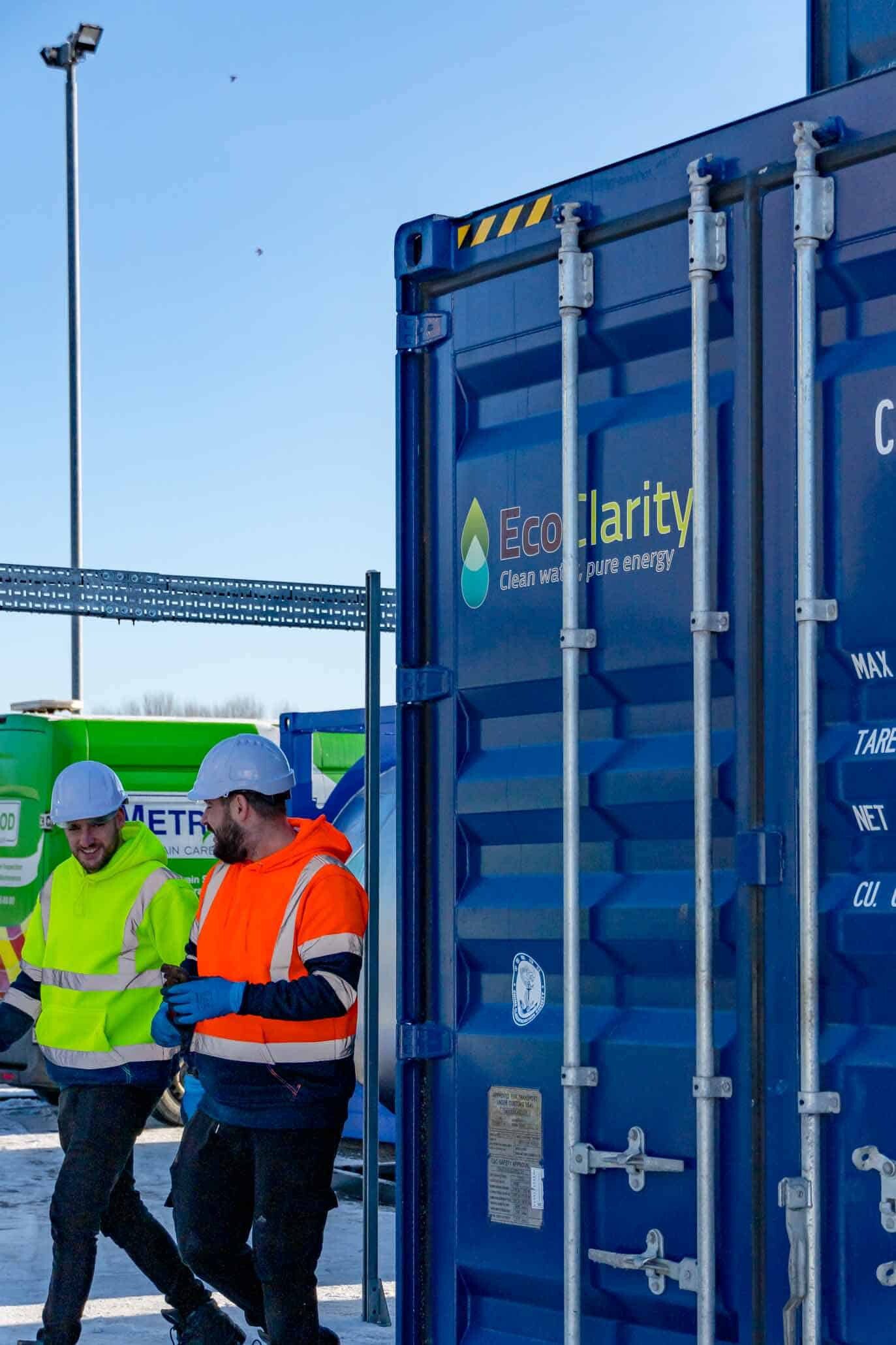
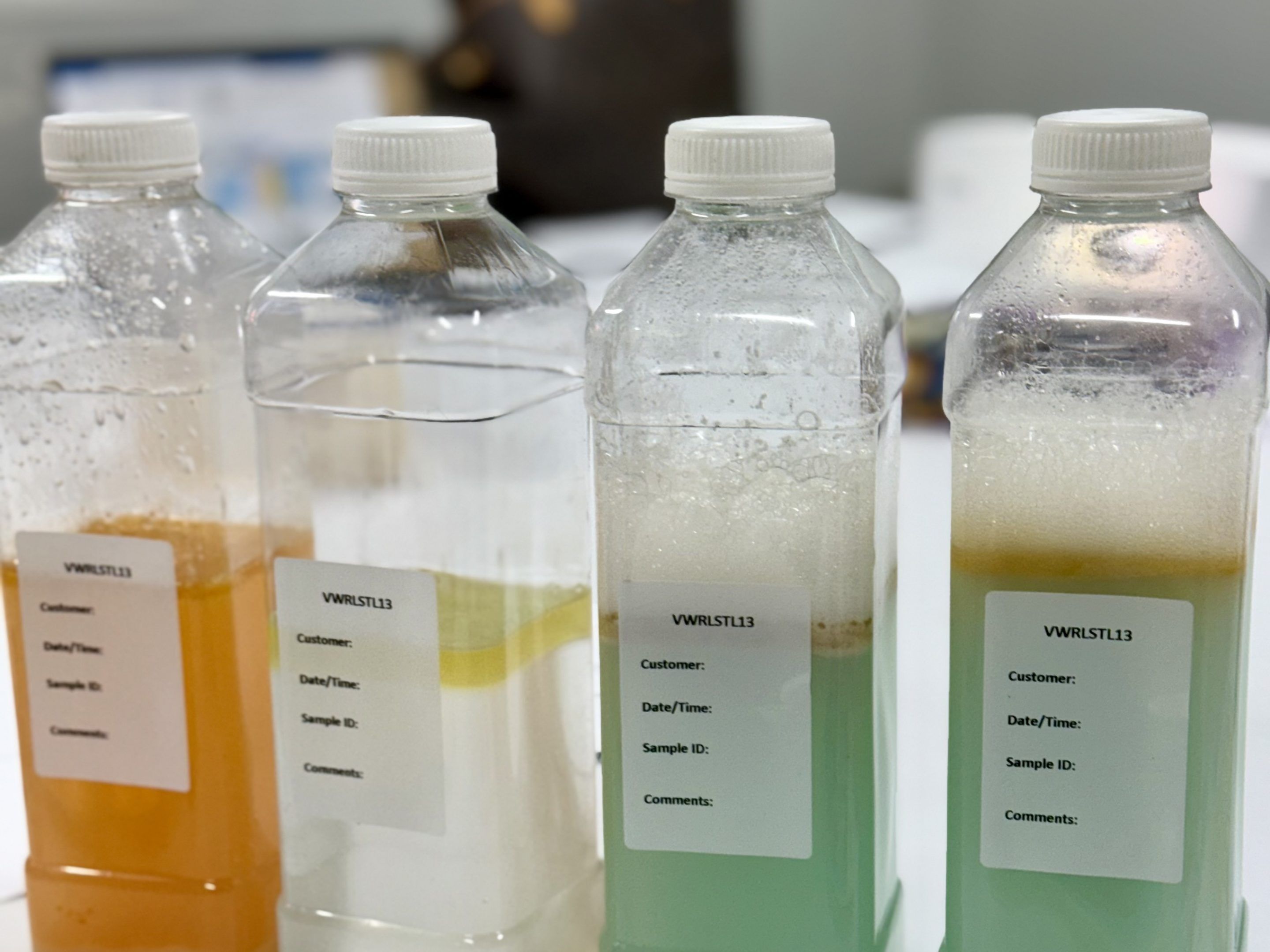
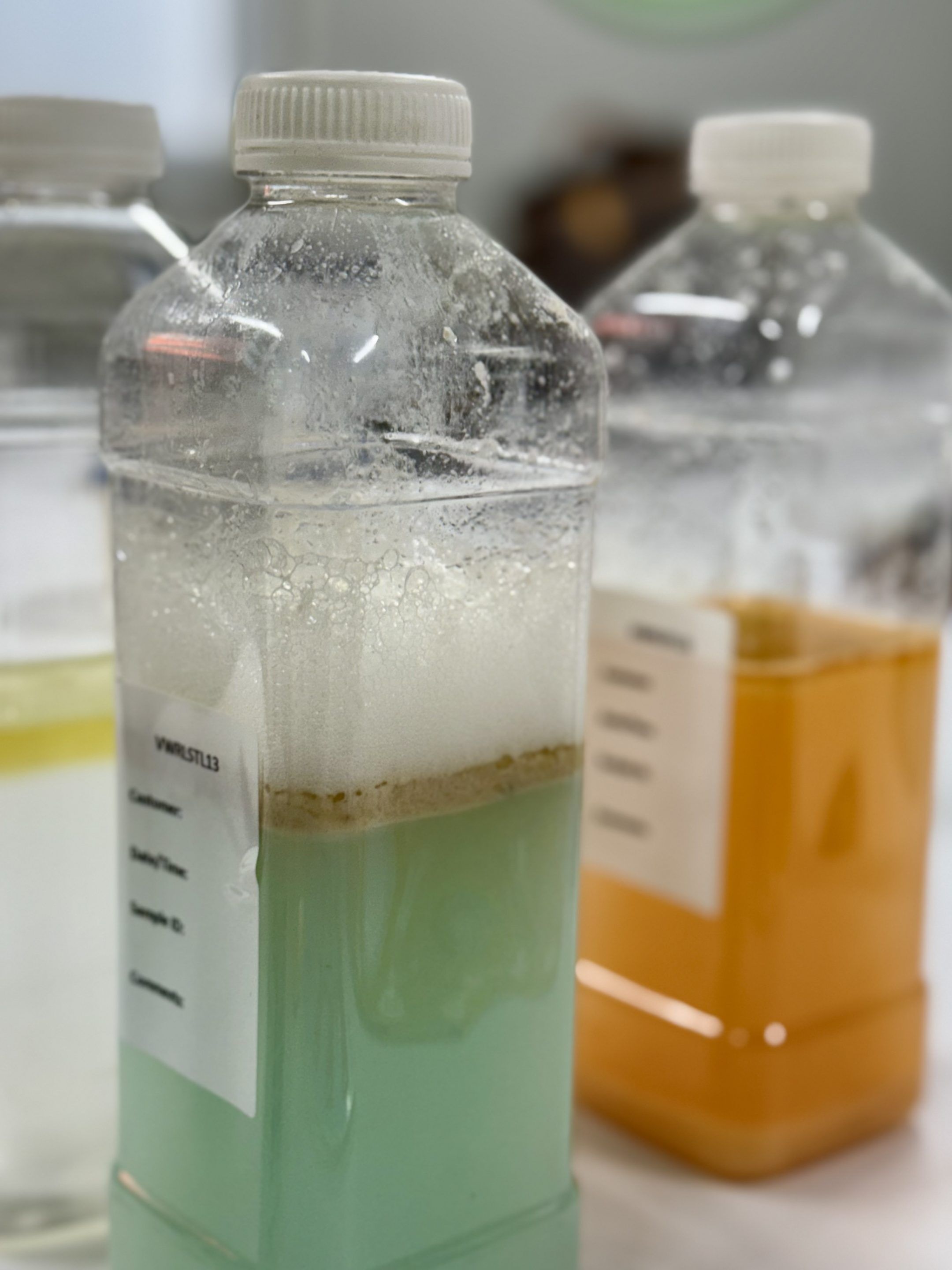
Recent Comments